[Posted September 27th, edited into a better and more succinct version Sept 29th]
The world I have been describing – 1, 2, 3, 4 – is governed by democratic councils.
Small councils make local decisions. A bunch of those glom together into something more powerful but less intimate. For some decisions, this can even be global, an anarchist version of the United Nations General Assembly.
The Anarchist FAQ says "anarchists have very clear ideas on what to “replace” the state with (namely a federation of communes based on working class associations)."
So I had to worldbuild a system of confederated democratic groups.
Anarchist governance in my solarpunk world work like this –
Tribes. A Māori hapū. A Greek δῆμος. A Mapuche lof.
Think of this as being about 2500 to 4000 people, but don't worry about the number too much, it doesn't affect the democratic arithmetic if the tribe is bigger or smaller.
This is the smallest unit with official bureaucratic existence. Some have territory marked by boundary-stones or similar, others are totally nomadic, and some only have a rough idea of their territory. The tribe has its website. It has its code of law.
It might also have a totem of some sort that represents it. Maybe it is a standing stone covered in bronze. Customary Law of the Haya Tribe states: "Every clan has its totem". Of course, the most famous totems are the wooden poles of the Tlingit and Salish. The English word totem derives from the Algonquian word odoodem [oˈtuːtɛm] meaning "(his) kinship group".
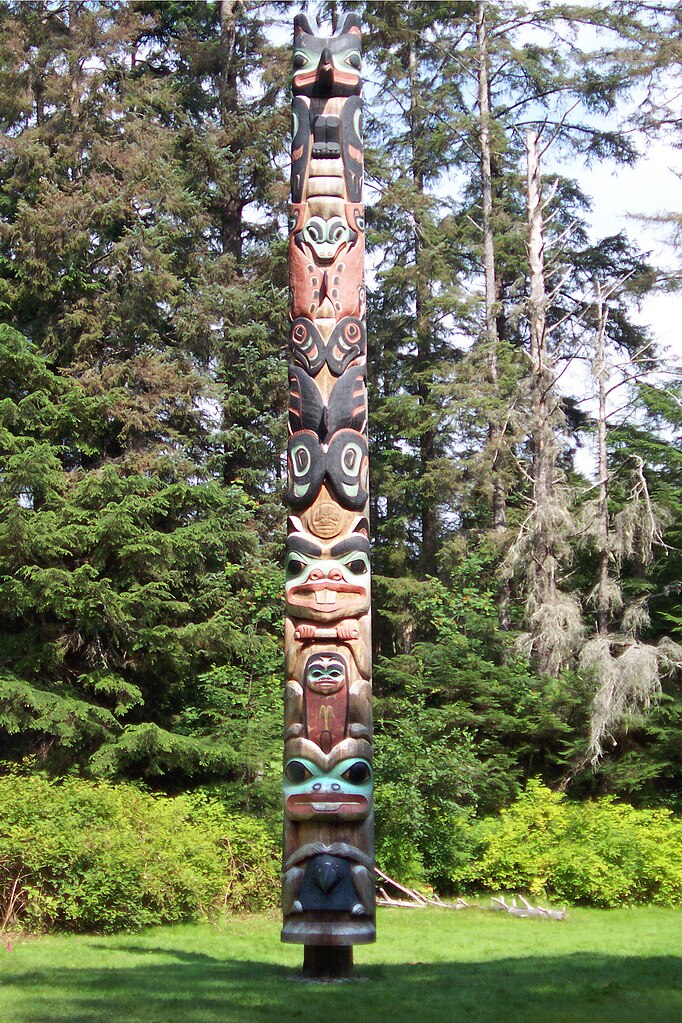
Registering members is a special responsibility of the tribe, that will become important when we start looking at confederations. It's basically a big family with a roll book.
In Terra, the unit that tracks citizenship is faceless: the country/nation-state that issues passports and accepts or denies citizenship applications. In this world (which I am thinking of naming Mandala) membership is tracked by something much more like a family.
- It must keep track of births, marriages, deaths.
- Membership is by birth in >80% of cases
- This tribe is what recognises the marriage. Marriage brings one more person into the family.
- People can be adopted into the family, like becoming a naturalized citizen of a Terran nation-state.
- From the 1990s onwards, all this is tracked digitally.
- They must let neighbouring tribes audit their census. If they are accused of inflating their numbers for political power, a larger assembly rules on the matter. If found guilty, they lose all representation for five years.
Imagine yourself now. Take a deep breath of unpolluted air through your nostrils. You are wearing the traditional clothing of your ancestors. Your mind thinks in their ancestral tongue. You know that within a 5 minute walk, you have 200 friendly cousins ready to support you. You have your responsibilities to them too. But technology has made life not-too-hard. Imagine it.
Kinship rules vary from place to place, as anthropologists have written about. There are tribes all over the world, but no centralised rule for how they're run. They are sovereign and follow their own ways.
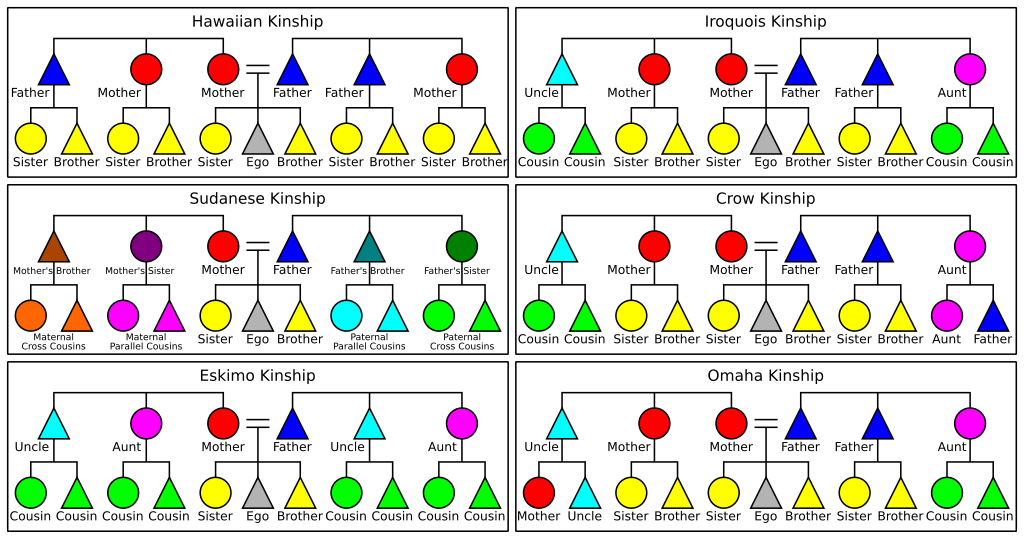
Restorative justice is seen all over the world: Somali xeer law that gives a payment called a mag to victims. Germanic Law gives a payment called wergeld.
The tribal assembly has the power to settle disputes among its members through such restorative justice. It can hold court, pass judgement. If the assembly did choose to put someone to death no authority could tell them no: no police or state stands above the tribe. But customary law is normally restorative and the punishment is transfer of property. Kropotkin's Mutual Aid discusses this. What about crimes that are not internal to one tribe? We're getting to that.
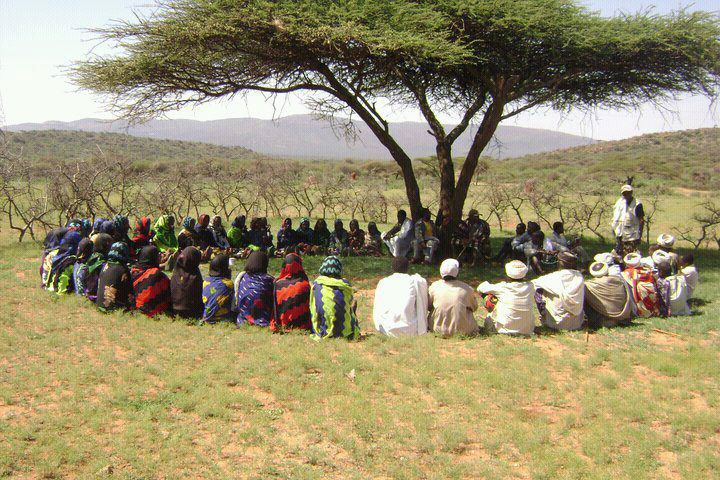
Confederacies of different sizes, and the decisions they have to make
- Groups of a few tens of thousands up to about 150,000 people – These correspond to the Māori 'iwi', the Mapuche 'aillarehue', the Greek 'πόλεις'. A group this size should have its own small hospital with a few hundred beds, and that hospital will need to be assigned resources. Library too. If it is by a bay, it will have an open ocean farm. It may manage a lake or a forest as a commons and will control the hunting season or fishing limits of the commons. It will cut deals with various guilds (see https://hexbear.net/post/596720) to supply it with WiFi, with bicycles, etc. in exchange for nice houses and good food.
- Groups of more than about 150,000 people but under a million – This might be a small city or a good-sized rural region. It will need a more complex, specialised hospital with an emergency ward, so it will have to assign resources to that. It might maintain a shipyard. A city of 750,000 people will have to run urban transport networks, shared bicycle schemes. Will also arrange contracts with guilds. It might arrange a barter-contract with another tribal unit: for example if this tribe lives on the coast, and 50 miles inland there is another tribe; we have too much fish, you lot have too much milk, let's arrange a barter contract for one year. How many kg of fish per litre of milk? That will have to be negotiated.
- Groups of millions of people – These include nations you have heard of: the Scots, the Serbs, the Danes, the Finns, the Dinka, Bosnians, Armenians, Moldovans. The Nilotic peoples have a total population of 8 million, including the Dinka (2 million), Nuer (1.8 million), and Maasai (1.2 million). Groups this size will also arrange contracts with guilds. Maintains important websites like wikis and maps. Organise sporting contests: who's the best high-jumper in Serbia? Organise seasonal festivals; tourists come from all over the world to these. A unit this big will need a train system and that will have to be managed and allocated resources. It will have to cut a deal with the microchip-fabrication guild to get a chip fab in their territory, make sure the citizens have electronics, and in return give the guildmasters perks like nice houses. Most assemblies pay the Electricians' Guild in nice food and nice homes, but this one over here is lucky: they have a copper mine on their land, so they swap copper for Electricians' services – the council is what negotiates this sort of contract. Owns and maintains a top-level hospital with every kind of medical specialist. Declare war.
Here's a screenshot from a pdf on FIFA's website –

So a million-man confederacy must staff and clean and maintain a 35-thousand seater stadium and so on. This is an example of how small population-groups run small humble facilities, big groups run big facilities. Same with small local libraries versus big libraries, etc.
- Groups of tens of millions of people – Now we are talking about the world's major ethnolinguistic groups. There are about 150-200 such in the world. Each such federation sends a team to the World Cup and the Olympics. Korea, Italy, France, Afghanistan, Australia, Taiwan, 'the Norsemen' as a whole, 'the Celts' as a whole, the Fula, Yoruba, Igbo, Amhara, Zulu. The Tokyo Metropolitan Area has a population of 41 million in Terra; in this world it's less (the world is less urbanised) but still around 27 million.
The major cultural zones of North America, e.g. the Plains Indians, each form confederacies of a few tens of millions –
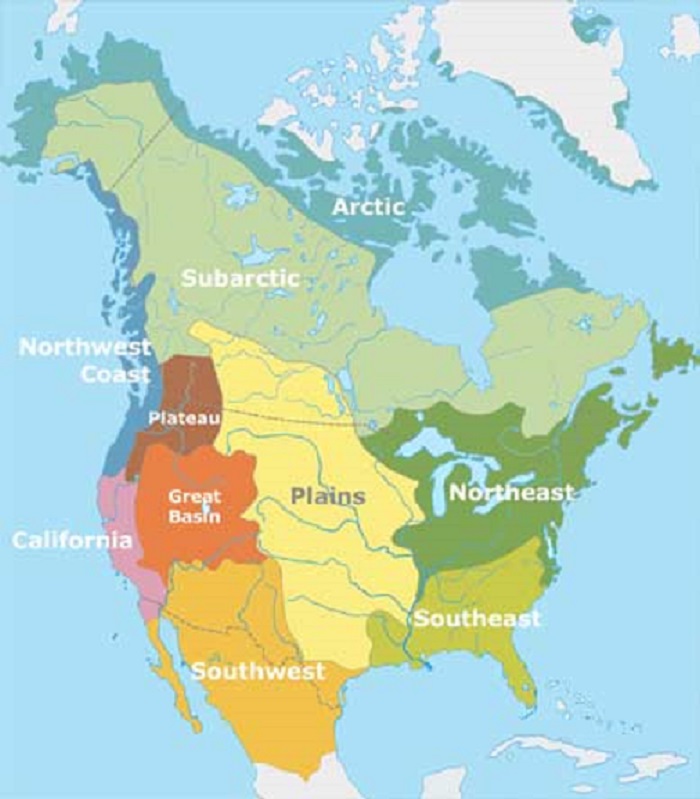
Groups of near a billion people – These might run something as ambitious as a space program. Here are the main ones (though see below about fluidity) –
- Black Africa
- All the Arabs, Turks, and Semites together
- Pan-American
- The white race
- Hindu South Asia plus bits of West Asia
- Buddhist East Asia plus bits of Oceania
- Austronesia and Australia
Fluidity and fixity
The tribes, the ones of about 4000 people, those are fixed. You're not a member of one tribe today and a different one tomorrow.
But assemblies can be called to make decisions for any group, it need not be a standing organisation. Examples of fluid group-formation:
- A Blackfoot Indian volunteers for an assembly of the Americas one month, and then the next month an assembly of the world's nomads where they discuss issues that affect nomads.
- An Inuit from the north of north America volunteers for an assembly of the Americas one month, and then the next month a polar assembly where he meets with Siberians and they discuss doing a deal with a guild that builds seasonal thermal energy storage, a solarpunk technology for places with long cold winters.
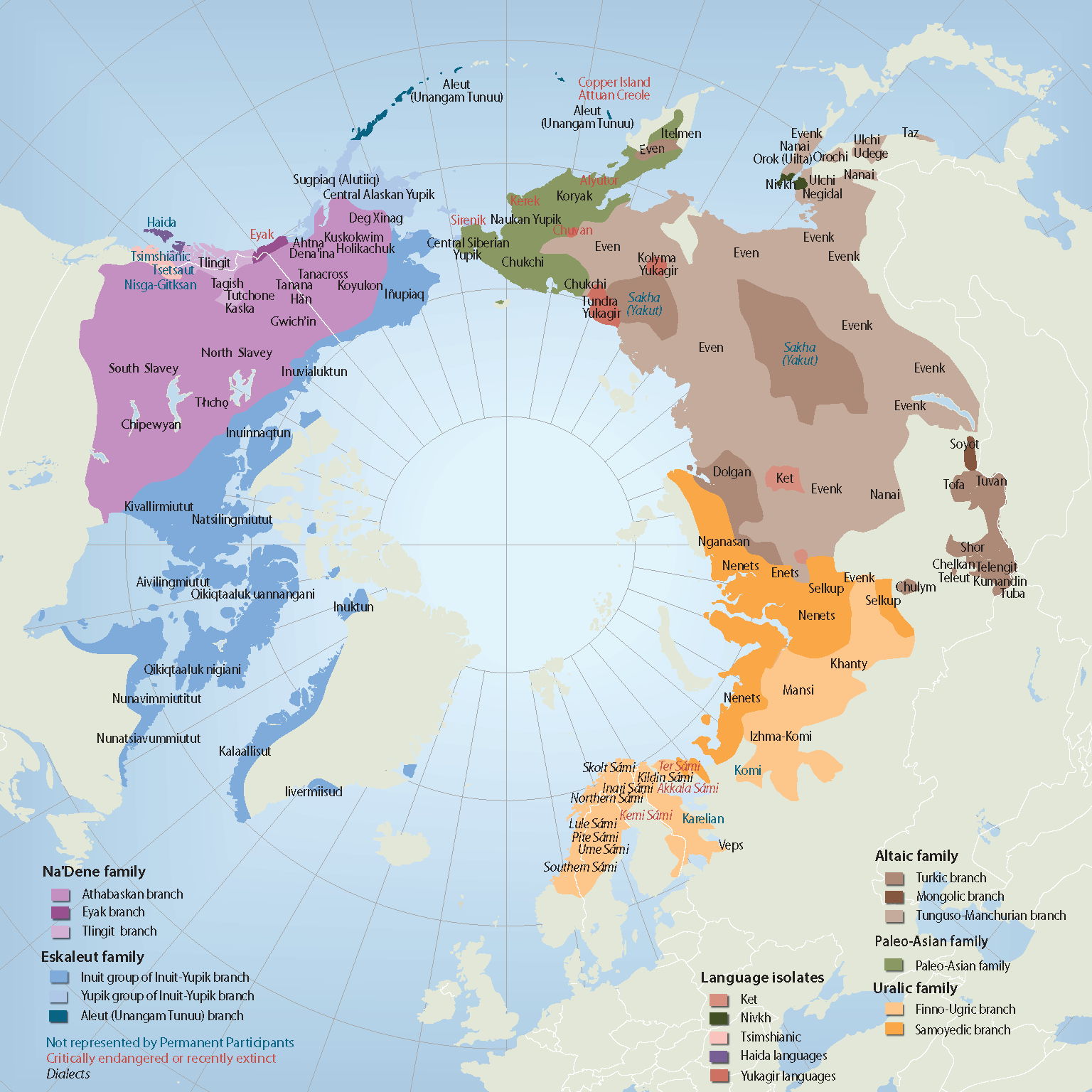
☝️there's the circumpolar federation – they have things to talk about sometimes☝️
Now that's not to say the edges of the confederacy changes every issue. Rather, it means that the edges don't constrain people from forming whatever assembly they choose. Most the time, assemblies follow the same natural boundaries. For example the 150-200 groups of tens of millions of people mentioned above – those each meet as a matter of regularity.
Assemblies as courts. Different levels of dispute
A fight between two neighbours is settled by the tribe. They give their ruling.
A fight between two tribes is settled by a larger confederacy. The confederacy must be large enough to impose their ruling. Yet it wouldn't tend to be much bigger: no point involving people on the other side of the world. A Māori iwi might have about 80 hapū within it. If two of those are having a fight (maybe about land, maybe about revenge), the assembly of the iwi could give a ruling. The land belongs to this hapū not that one. Instead of blood revenge, you must transfer this list of goods to settle the matter. If the hapū rebel against the iwi's judgement, force may be used.
If it's a major war, like between Azerbaijan and Armenia, the World Assembly may be the ones to rule. This is analogous to the U.N. sending peacekeepers.
How assemblies work
- People volunteer to be members. A volunteer must be seconded, and thirded. Anyone with this becomes a candidate. Candidates' names are put into a random draw. (This excludes totally incompetent people. An objection to anarchism is "we need smart people ruling, not random people!" This system is some check that you must be a passably functional grown-up before you can be on the council.)
- Remember how tribes maintain a population-registry? The population under the assembly is counted up from these. Children are included in the count.
- 100 names are picked at random. One hundred is a nice number for deliberation, everyone gets speaking-time, not too noisome.
- A two-thirds majority can pass a decision.
Ensuring minority rights in the random draw
The population of France is 68,250,000, so 100 representatives are picked at random.
3.36% of Frenchies live in the Lyon Metropolitan Area.
In a perfectly fair draw, they'd usually get 3 seats. However, about 19.5% of the time, Lyon will end up with 0 or 1 seats (that's a binomial calculation to figure that out). That's a problem. What if some big decision gets made that affects them?
To avoid this, the people of Lyon (i.e. their city assembly), demands formal recognition from the French body. When it gets that recognition, it can overrule any draw that robs it of more than one seat.
Any population-group that constitutes 2.5% or more of a larger body has the right to demand this recognition.
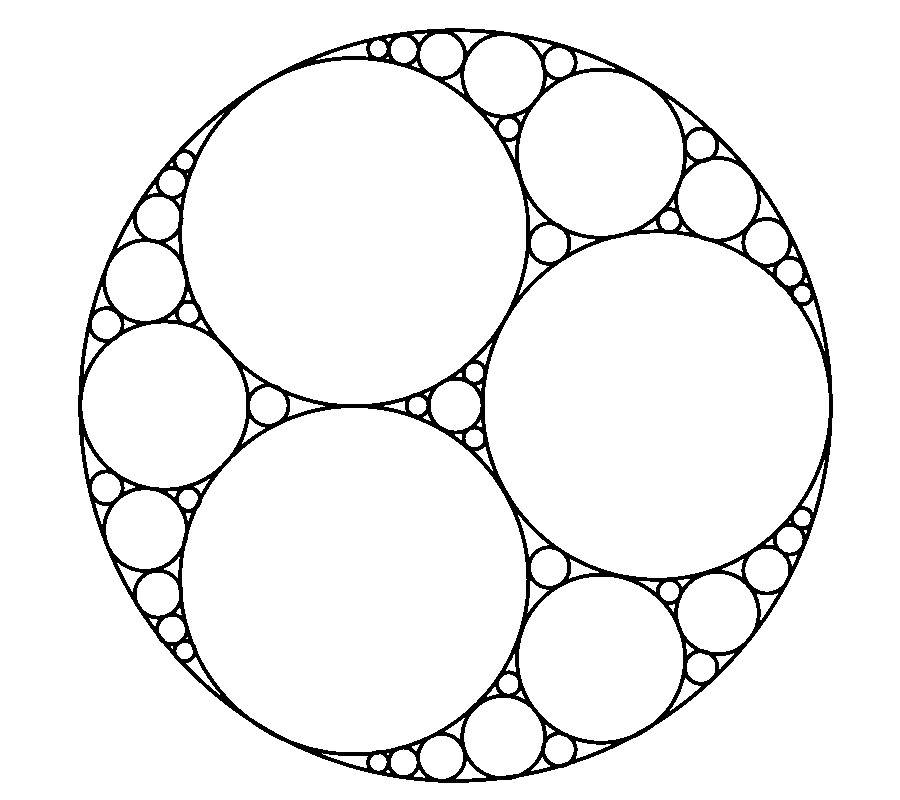
A recognised cell must accept any draw that gives them ([the closest whole number to their proportion]-1). But they reject any draw where their seats are two below the median.
These rules are restrictive. It'll take about 3000 draws to get one within the bounds of acceptability for all of 30-40 cells. But doing 3000 random draws is something a computer can do in under one second.
The World Council
The World Council meets to decide things like –
-
Should we allocate resources to eradicate mosquitoes? Let the council hear from various scientific experts about the pros, cons, likelihood of success, amount of required resources.
-
Should we embark upon building a global vactrain network?
-
Should we embark upon building a space elevator?
-
Should we send a global peacekeeping force to stop Armenia and Azerbaijan from fighting?
The heading 'How assemblies work' describes how all assemblies work from the tribe to the continent-sized ones. However, for the World Council, there are two tweaks to the rules –
- Two meetings run in parallel. So 100 people meet, deliberate, and vote, and so do 100 more people over there. Two equal assemblies, and both must pass the motion.
- After the World Council has made its decision, that is then passed down to the continent-level assemblies. Each of these has veto power. Even a very populous Asia should not be able to dictate to Africa. The formal rule is: any assembly speaking for more than 10% of the world's population can veto a decision made by the World Assembly.
We know how the representatives are picked and how they vote, but who can PROPOSE a motion?
Popular vote: If a proposal goes out on the Internet, and 1% of the population of that unit sign it, the council must consider the proposal. e.g. the world has 8000 million people, so if 80 million people sign a petition saying 'fuck mosquitoes kill em all', the World Council must consider that. Or for a city of 1,000,000, the initiative would have to be signed by 10,000 people to get in front of the council.
Briefing is important
Stanford University run a Deliberative Democracy Lab to explore councils of citizens debating and deciding things. Their system is lame, and I'm about to tell you why. Here they had Meta (i.e. facebook) get a deliberative assembly together to discuss tech policy and it says "A distinguished Advisory Committee vetted the briefing materials for the deliberations and provided many of the experts for the plenary sessions."
Here's the problem. You get random assemblies of neutral, fair citizens, put them in a room to deliberate. Good start. Then you spoonfeed them propaganda materials from facebook inc. upon which to base their decision, that is undue influence from facebook inc.
The councils will need to hear from experts on medical systems, ecology, trains, etc. They deliberate and make informed decisions. Just like the way the assembly is picked and votes is democratic, the system for picking briefing materials must be equally democratic.
Who can brief the council?
Same deal: popular vote:
- People want an expert/group/intellectual to have the right to give briefing materials, so they vote for him to get part of the briefing. The briefing materials could be written or video. The person/group with the most votes is given a chunk of speaking time (I'm not sure, maybe 2 hours). Then the 2nd-most popular person, then the 3rd. This continues until the speaking time (I'm not sure, maybe 24 hours) is used up.
Here, btw, is where a powerful, influential person might gain political sway. The heavy use of sortilege blocks influential politicians from appearing in the system. But if you had an influential public intellectual like Noam Chomsky, everybody would vote for the council to have to listen to his brief.
This would often include guilds: like if its a medical issue obviously people want to hear from the medical experts and they medical guild should have no problem getting votes.
One week term-limits lmao
A paper describing traditional West African governance says "In general there were no officeholders; only representatives of groups" and that is my ideal here. You don't become a representative for a four-year term or a one-year term; you represent your people at ONE meeting. Then the lottery happens again for the next meeting. This prevents ego, keeps things nice and anarchist.
This is the most democratic, most anarchist thing I can think of. It's inspired a bit by Council Communism, a bit by Bookchin/Öcalan's democratic confederalism, a bit by traditional tribal systems, a bit by deliberative democracy, a bit by mathematics.












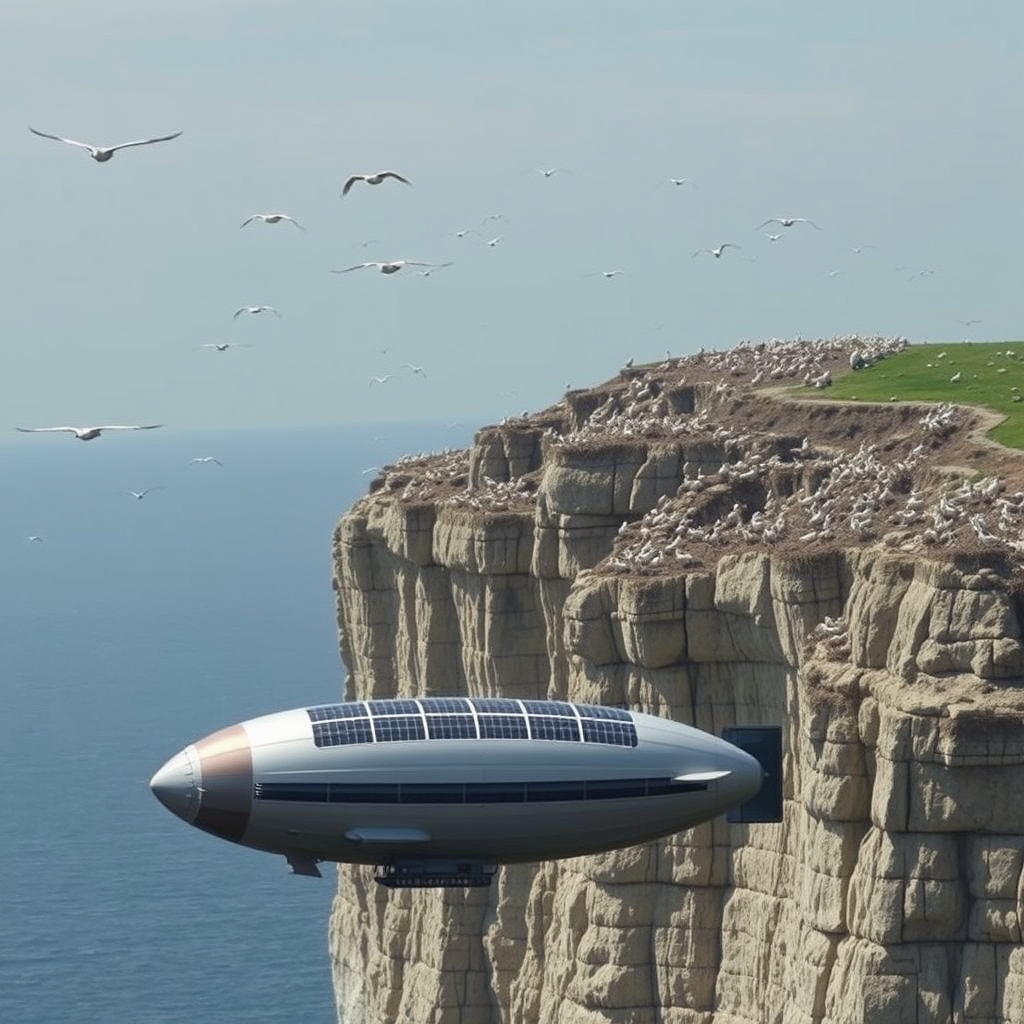



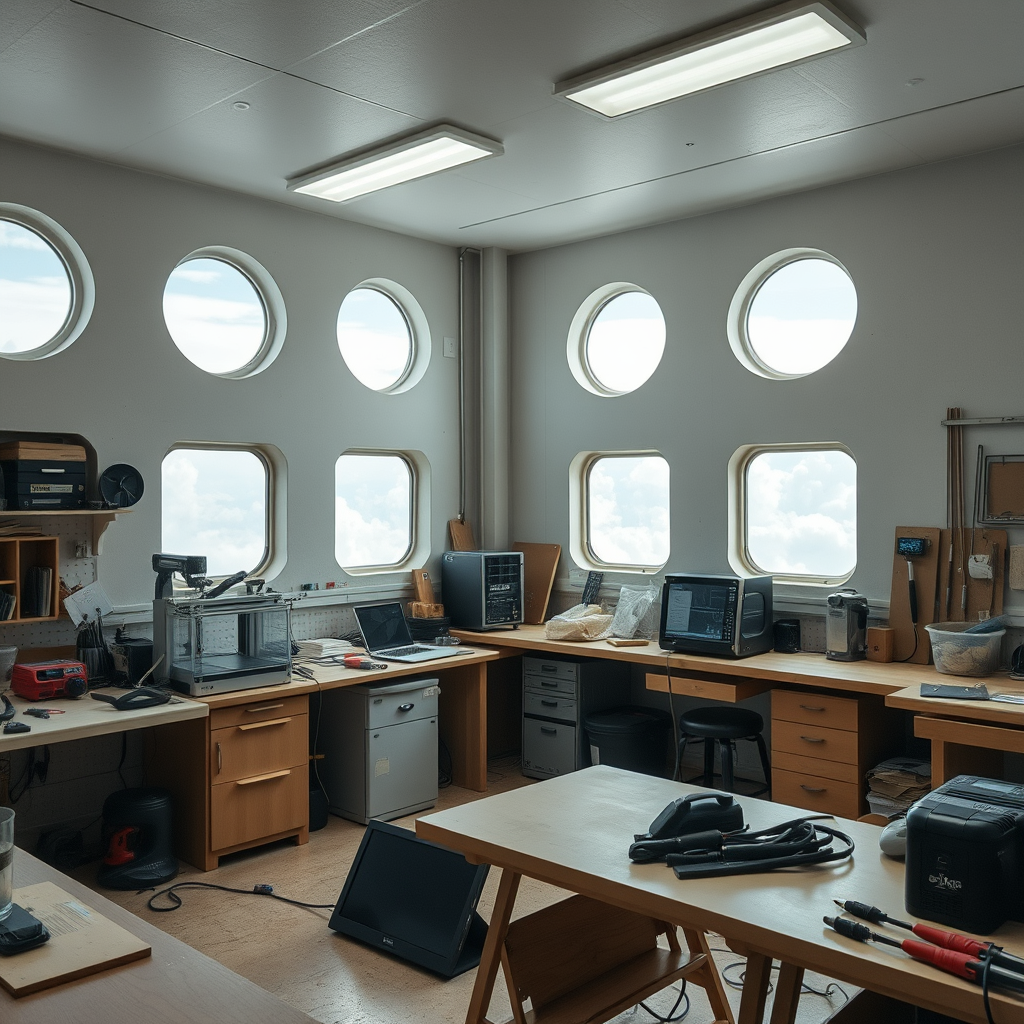


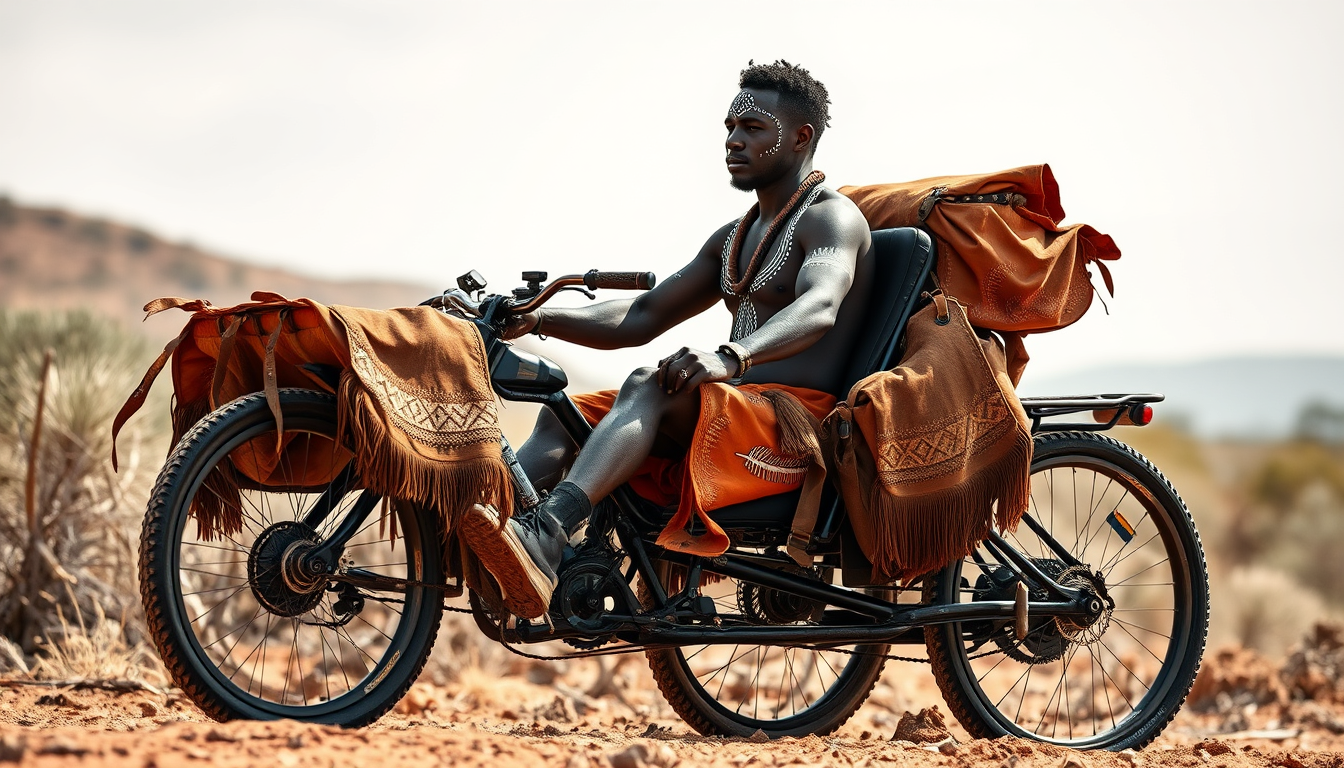
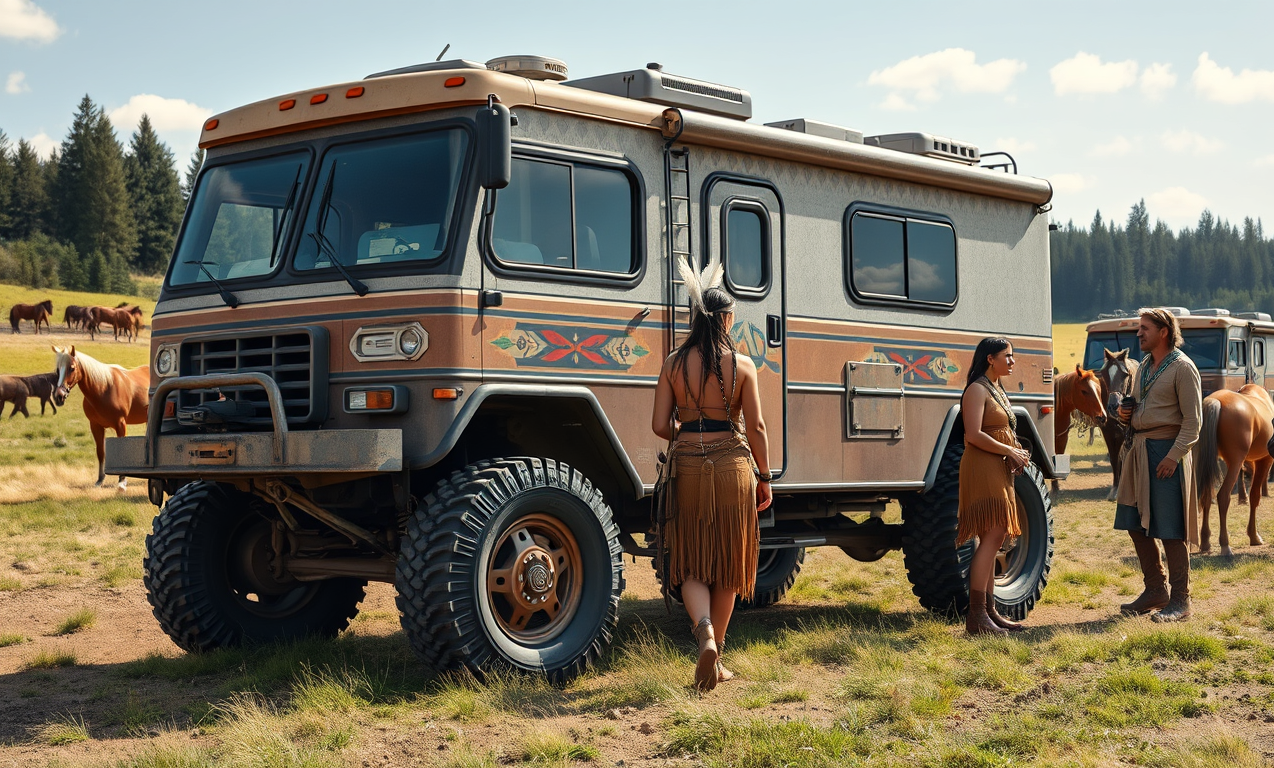
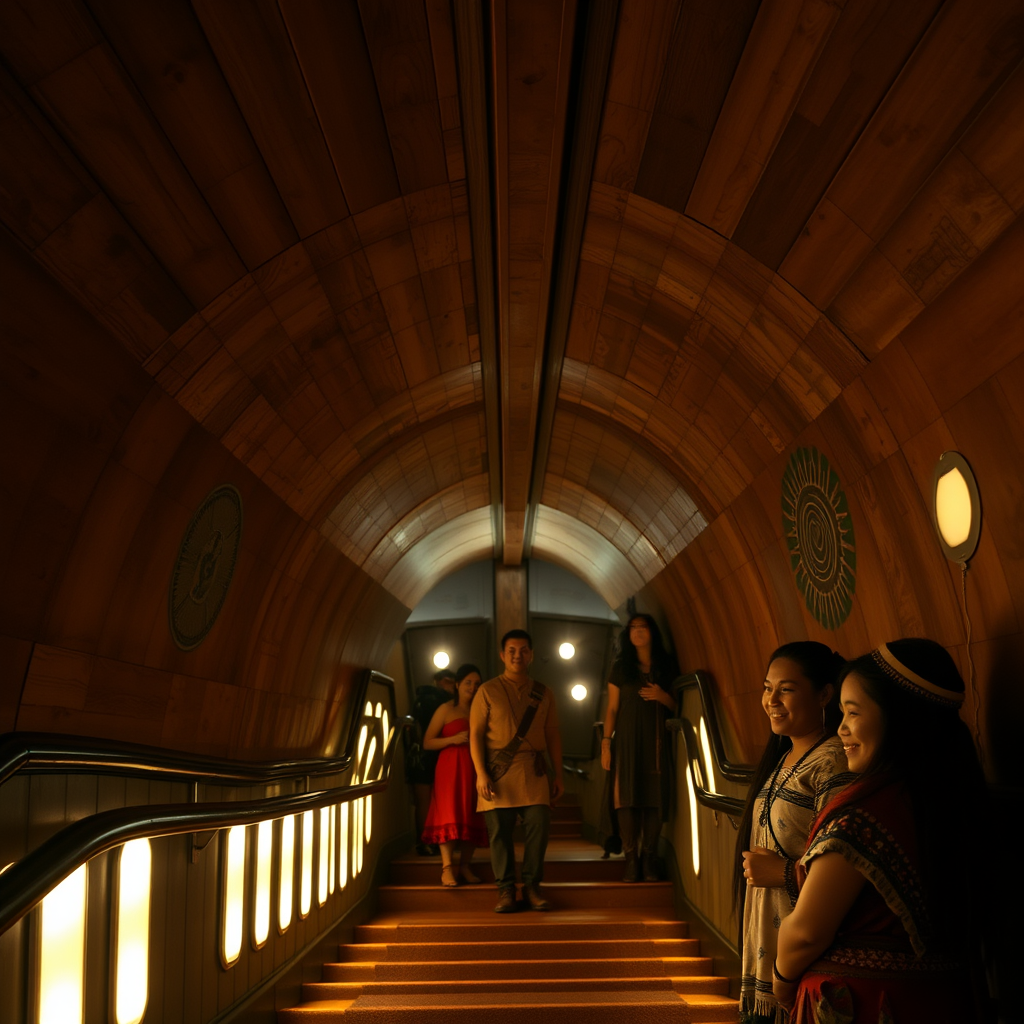
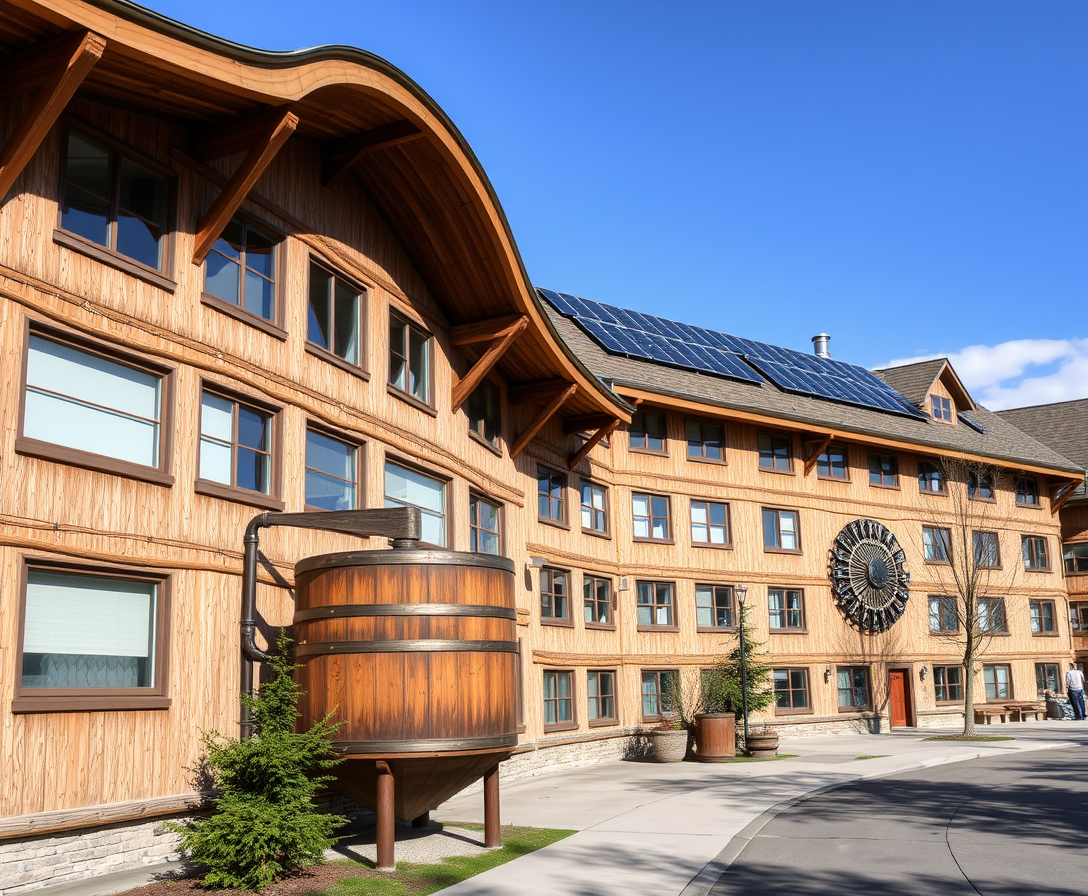


Ok, get this:
There's a big volcanic eruption in 72BC
The volcano throws up a dust cloud that cools the earth, crops fail because of lack of sunlight, states suffer because they can't levy taxes and conscript soldiers. The 1458 mystery eruption, "put pressure on medieval governments and negatively impacted military efforts", and the 1257 eruption "may have facilitated the Mongol invasions of the Levant", "may have altered the outcome of the Toluid Civil War", and may have led to the Black Death (a 7-year plague). The volcanic winter of 536 led to the Plague of Justinian (a 7-year plague) and to the expansion of Turkic tribes.
What's going on in 72BC???
What would happen if a volcano blocked out the sun in 72BC???
Rome's crops fail in 72 🡲 Rome's army is weaker against Spartacus
Rome's crops fail in 72 🡲 Rome's army is weaker against the Sarmatians 🡲 Rome doesn't annex Judaea until later 🡲 No Jesus 🡲 No Christianity 🡲 Massive consequences
A 7-year plague breaks out like after the 536 and 1257 volcanic winters 🡲 Rome has less manpower and tax revenue 🡲 having less manpower and tax revenue (plus they lost more men in Spartacus's War), Rome is less successful in the Gallic Wars 14-20 years after the crop failure 🡲 lacking Gaul it is weaker thereafter, Celts are stronger
I'm working on the assumption that people living a more decentralised existence closer to nature (like the Sarmatians and Xiongnu) will cope better with disruptions like crop failures. That's open to disagreement, but I think is a defensible claim. Plague affects trade-routes a lot; self-sufficient communities do better; so the knockon effect is that we wind up with a more self-sufficient solarpunk mode-of-production overall.
Interesting to think about this for-want-of-a-nail stuff. Driving myself mad with it tbh. The search-space is big and gets bigger the more you think and learn.